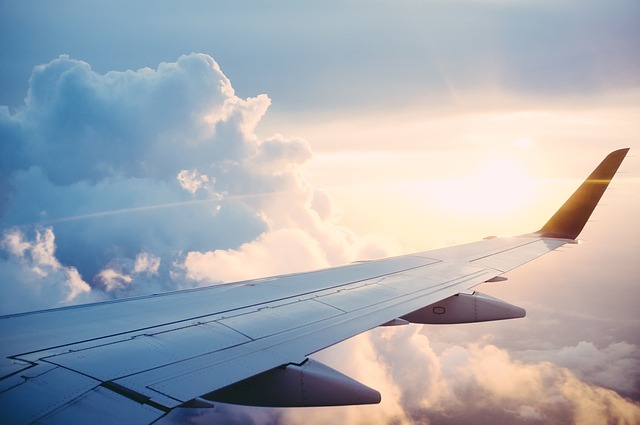Airlines say a shipment of jet fuel received in Wellington which failed testing is frustrating for the aviation sector given the negative impact to carbon emissions and additional costs to carry extra fuel into Wellington.
Airlines received advice April 26 that a bad batch of aviation fuel that arrived in Wellington meant that airlines would be limited to an 80% uplift of fuel effective from midnight that night until at least midnight on May 5.
Airline Representatives executive director of the Board (BARNZ) Cath O’Brien says the further fuel issue was frustrating given that since November 2022 there have been three jet fuel shipments which have failed to meet testing requirements on arrival to New Zealand.
“It is frustrating that another batch of imported jet fuel has not come up to the required standard especially at a time when airlines are working hard to ensure services operate without impact to customers. Effectively this means that the airlines will need to carry additional fuel into Wellington from other locations, in some cases up to 6 tonnes, which is a process known as tinkering.” she says
Cath says carrying this extra fuel also requires extra fuel to cover that weight.
“Sadly, for the environment at a time when airlines are doing their best to reduce carbon emissions, this means that aircraft are burning extra fuel to carry fuel. Airlines do all they can to minimise carbon burn however the need to tanker negates all these efforts.”
She says that since the closure of the Marsden refinery, New Zealand relies on imports for fuel for aircraft – and for cars. BARNZ understands petroleum companies will uplift fuel from a range of locations around the world – and it seems there are frequent quality control issues to manage.
BARNZ understands MBIE is doing some work in consultation with industry and with fuel companies to allow for increased on shore fuel holdings. BARNZ supports this work, and advocates for increased fuel holdings in multiple ports – rather than just Auckland. Shipping fuel by road is an increasingly difficult prospect when fuel supplies are impacted in ports beyond Auckland.
“Airlines who fly to New Zealand look for reliable and safe fuel supply. As a geographically isolated island nation, New Zealand needs to do all it can to ensure the fuel we receive meets requirements for use on arrival. Airlines should not be put in the position of needing to tanker aviation fuel to be able to operate domestic and international services.” says Cath.



